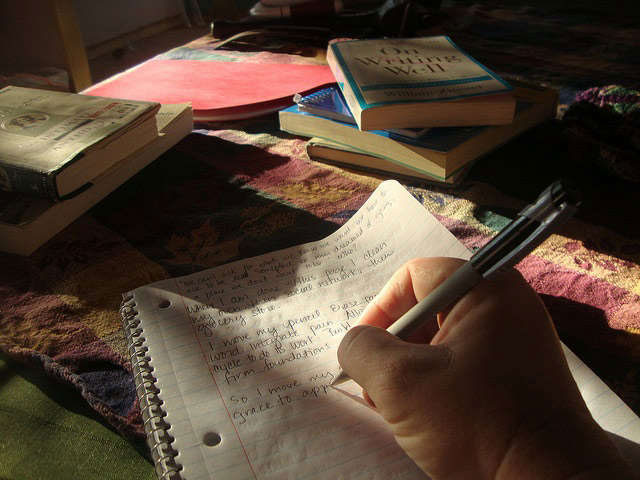These days, English is the language of choice in virtually every circle, whether academic or financial. There are many paths that branch off, such as diction, spelling, grammar, etc. Among these different fields, perhaps one of the most important one is writing. Whether you are a native English speaker or a beginner, there are so many things you can do to have better English writing. This article will explore some of those ideas, as well as give tips to help you find your way to a better English writing level.
Of course, like virtually every other thing in life, climbing up the ladder to a better English writing style is achieved through practice. Try writing out, say, 200 words every day. (Better by hand than on the computer, since on the computer you may rely too much on spell check. As implied, check it after you write it with the spell check on your computer.) The words can be on any subject under the sun: school, your spouse/partner, or your pet; the more subjects, the merrier. Also, keeping a diary or journal is an excellent way to garner improvement and track your progress toward better English writing throughout a period of time. This strategy can be of great help if you plan to make a curriculum or improve your writing level so you can communicate or create your own works.
In addition, anyone who aspires to better English writing can do virtually nothing better than to read. And don’t just read the same genre, whether fiction or non-fiction, as that will constrict you to a certain style of writing. Branch out! Reading many different types of books or articles will expose you to more English writing tools and options than you would come across if you only read, say, the daily news. Also, choose your authors judiciously. Don’t just find an author who you like and stick to him/her: that promotes stagnation. A better English writing level comes from diversity; exposing yourself to a lot of different types and/or styles. The end result is to get a rich and well-rounded spectrum of knowledge, and then to use all of that varied knowledge that you have been exposed to whenever you need it to your advantage.
Photo Credit: Julie Jordan Scott
Login to
Don't have an account?
Access Free
Access Free



